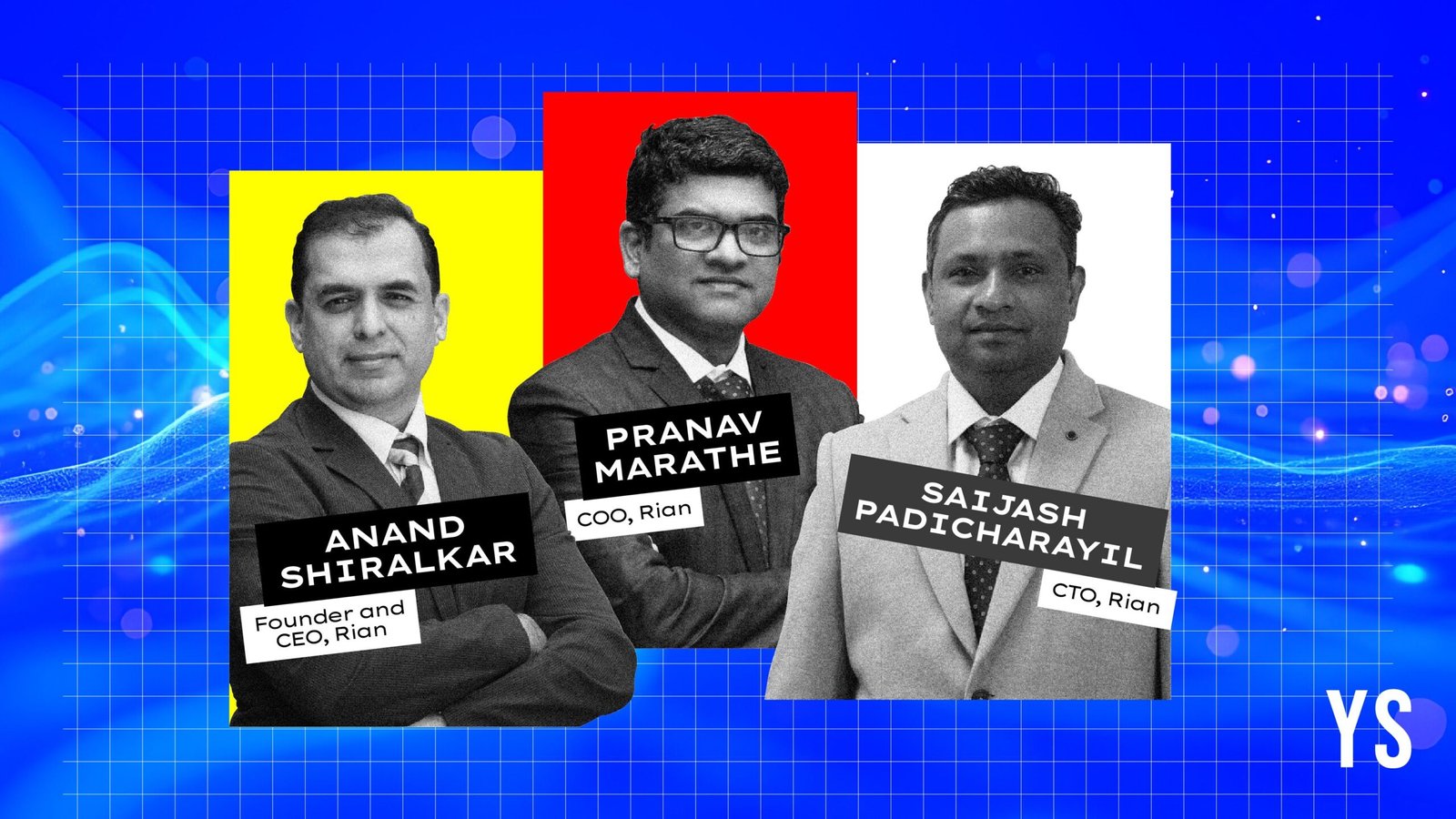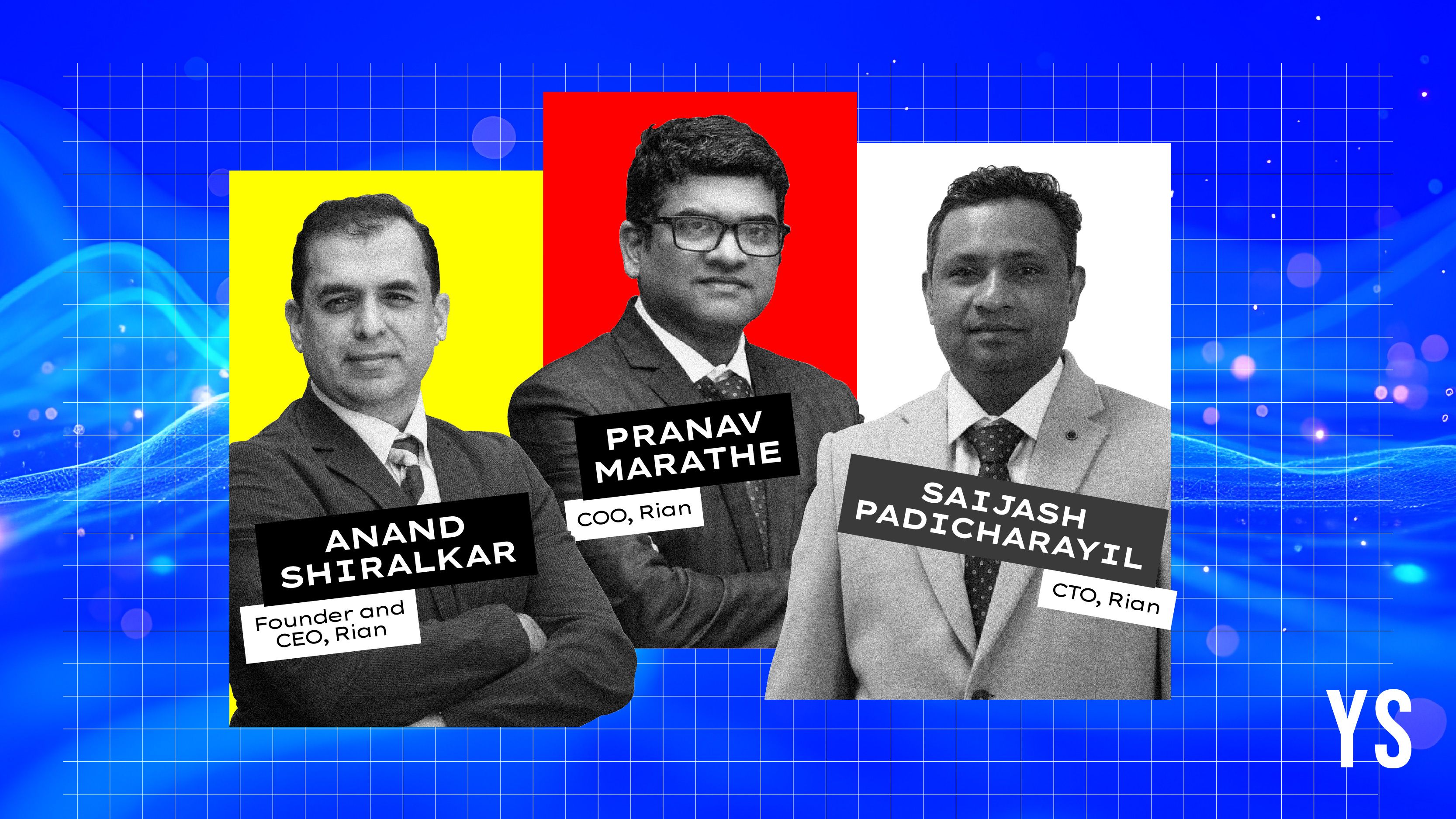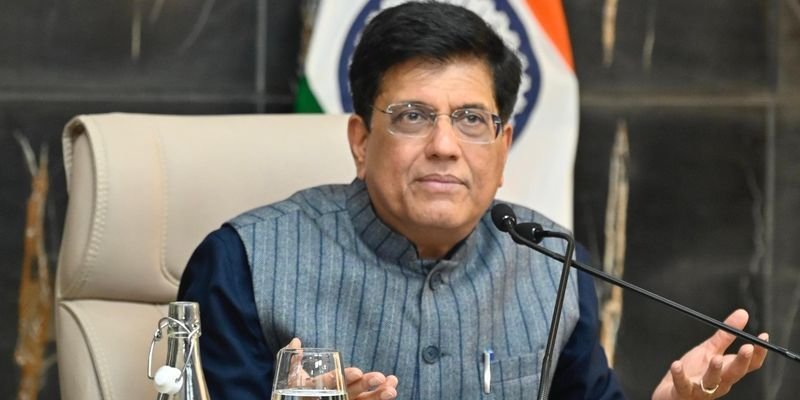How Rian is traversing the world of linguistics with AI-human synergy


“I had spent a little over seven years working in Japan, where one of the things I worked on was localisation. After a couple of years of working on document translations with Rian, I noticed that synthetic voices were getting really good. That made me interested in the dubbing industry,” Shiralkar, CEO of Rian, tells YourStory.
Today, Rian does document and media translations in over 50 languages, including Tamil, Telugu, Kannada, Marathi, Bangla, Hindi, Japanese, Spanish, and German.
The Pune startup has a 45-member team, and its founding team comprises Shiralkar, COO Pranav Marathe and CTO Saijash Padicharayil.
“Most players in this industry are either tech-heavy with less focus on quality, or they are quality-rich but slow and expensive. We decided to blend AI scale with a human soul. Our goal was never to translate. We want to distribute culture, not just content,” Shiralkar says.
A hybrid approach in the agentic age
Whether it’s document or media translation, Rian takes a hybrid approach involving artificial intelligence and human expertise. Over 1,200 freelance linguists work on various projects.
After a document or a piece of media is uploaded to Rian’s platform, the AI handles the grunt work while the linguists supervise and intervene when required.
“AI agents handle everything: from understanding the context of the content and translating the content to conducting quality checks. The linguists come in at the end to see if the cultural context has been captured,” Shiralkar explains.
.thumbnailWrapper{
width:6.62rem !important;
}
.alsoReadTitleImage{
min-width: 81px !important;
min-height: 81px !important;
}
.alsoReadMainTitleText{
font-size: 14px !important;
line-height: 20px !important;
}
.alsoReadHeadText{
font-size: 24px !important;
line-height: 20px !important;
}
}

The linguist’s role in the projects is to ensure that translated content isn’t devoid of the required emotion. On the foreign languages front, the startup has primarily worked on Japanese content and recently received an order to dub 100 German and Spanish films. The startup charges as per the translation workload.
Next month, Rian will introduce a DNPL (Dub Now, Pay Later) model, which will enable creators and YouTubers to take their content global without any upfront fee. The finances would be settled only once their content starts generating revenue.
“We are already testing it with a few curated YouTubers, but we are planning to launch it officially on September 15, 2025,” he says.
A business of languages
Rian secured its first client about 2.5 years ago, Rachana Ranade, a finance content creator who wanted to translate her English course to Kannada, Tamil, and Telugu. Now, the startup has over 2,000 clients in document translations and as many as 29 media translation clients, including JioHotstar, Sony YAY, and Shochiku.
Besides, the startup opened Rian Academy six months ago—a training initiative to elevate the quality of work in the translation industry by producing capable translators. So far, almost 200 people have completed courses at the academy, and most of them were onboarded at Rian right after course completion.
While the introductory workshops are free, it charges its students Rs 3,000 for a 28-day course and Rs 5,000 for an 84-day course.
The B2B company has raised an undisclosed angel round, and Shiralkar says the startup became profitable in April 2025.
Rian aims to raise $5-7 million in the next three months. “We are going to raise the money for two reasons: to expand internationally and acquire IP of famous global content,” he says.
Given Shiralkar’s experience in Japan, his team is in talks with multiple Japanese entertainment companies to acquire the IP of their shows to translate and broadcast in India.
“Once we have the rights to a show, we don’t just translate them, we dub them into Indian languages with cultural and emotional resonance so they feel native. And we want to do the reverse as well, take great Indian stories and bring them to Japan and other countries in their own languages,” says Shiralkar.
.thumbnailWrapper{
width:6.62rem !important;
}
.alsoReadTitleImage{
min-width: 81px !important;
min-height: 81px !important;
}
.alsoReadMainTitleText{
font-size: 14px !important;
line-height: 20px !important;
}
.alsoReadHeadText{
font-size: 24px !important;
line-height: 20px !important;
}
}

What’s in the future?
After clocking an annual revenue of Rs 5 crore last fiscal year, Rian hopes to reach Rs 20 crore by the end of FY26. The founder calls this transactional revenue.
“There is also revenue that would come after we acquire the IPs of certain content. That revenue would naturally be perpetual. We are hoping to generate about Rs 200 crore in the next three years,” he shares.
Competing with companies like the San Francisco-based Unbabel and LILT AI, Shiralkar believes Rian separates itself with its versatility, quality of translations, and ability to provide end-to-end solutions.
“We have distinct focus areas: cultural and emotional resonance, client-specific memory, and continuous improvement. Our goal is to deliver high-quality output at scale, making content sound truly native in every language and every market,” he says.
Edited by Suman Singh
Discover more from News Hub
Subscribe to get the latest posts sent to your email.






